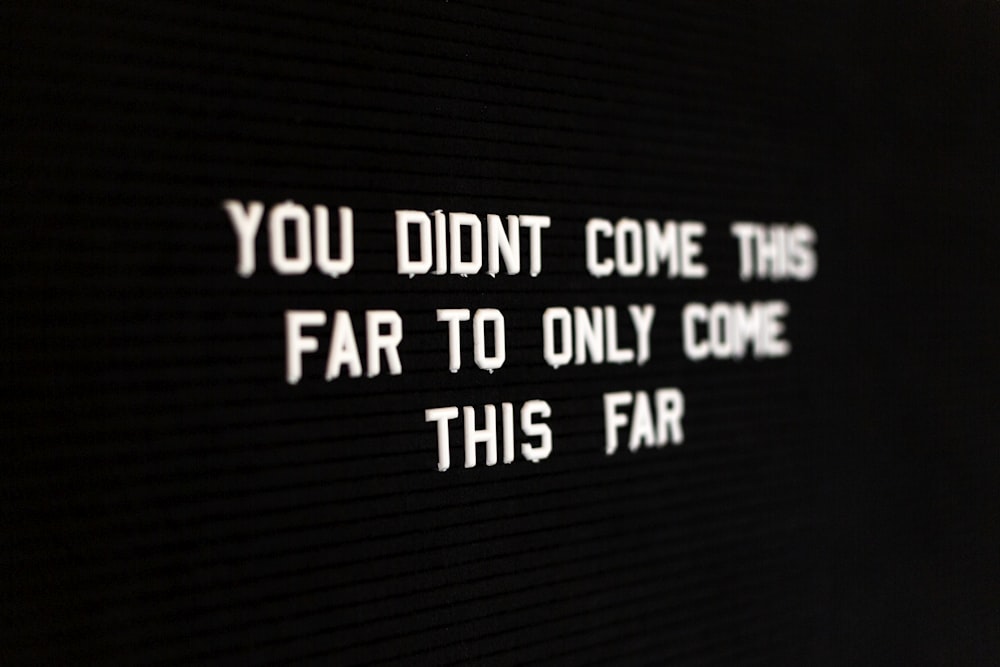目次
リハビリテーションに対するモチベーションは患者と理学療法士・作業療法士で異なる?
リハビリテーションにおいてモチベーションってものすごく重要ですよね?
なかにはなかなかモチベーションが上がらなくてリハビリテーションに取り組んでもらえないクライアントもいると思います.
われわれ理学療法士・作業療法士も知っておかなくてはならないのは理学療法士・作業療法士とクライアントのモチベーションの違いです.
今回はリハビリテーションに対するモチベーションは患者と理学療法士で異なるのかどうかを考えるうえで参考になる論文をご紹介させていただきます.

今回ご紹介する論文
Commun Med (Lond). 2023 Jun 6;3(1):78. doi: 10.1038/s43856-023-00308-7.
A multicenter explanatory survey of patients’ and clinicians’ perceptions of motivational factors in rehabilitation
Kazuaki Oyake 1 2, Katsuya Yamauchi 3, Seigo Inoue 2, Keita Sue 4, Hironobu Ota 5, Junichi Ikuta 6, Toshiki Ema 7, Tomohiko Ochiai 8, Makoto Hasui 9, Yuya Hirata 10, Ayaka Hida 11, Kenta Yamamoto 12, Yoshihiro Kawai 13, Kiyoto Shiba 14, Akihito Atsumi 15, Tetsuyuki Nagafusa 3, Satoshi Tanaka 16
Affiliations expand
PMID: 37280319 PMCID: PMC10244320 DOI: 10.1038/s43856-023-00308-7
今回ご紹介する論文は2023年に掲載された論文です.
研究の背景
Background: Patient motivation is an important determinant of rehabilitation outcomes. Differences in patients’ and clinicians’ perceptions of motivational factors can potentially hinder patient-centered care. Therefore, we aimed to compare patients’ and clinicians’ perceptions of the most important factors in motivating patients for rehabilitation.
クライアントのモチベーションはリハビリテーションの成果を決定する重要な要素であります.
モチベーション要因に対するクライアントと臨床家の認識の違いは,クライアント中心のケアを妨げる可能性があります.
そこでこの研究ではクライアントのリハビリテーションに対するモチベーションを高める上で最も重要な因子について,クライアントと臨床家の認識を比較することを目的としております.
研究の方法
Methods: This multicenter explanatory survey research was conducted from January to March 2022. In 13 hospitals with an intensive inpatient rehabilitation ward, 479 patients with neurological or orthopedic disorders undergoing inpatient rehabilitation and 401 clinicians, including physicians, physical therapists, occupational therapists, and speech-language-hearing therapists, were purposively selected using inclusion criteria. The participants were asked to choose the most important factor motivating patients for rehabilitation from a list of potential motivational factors.
この多施設説明的調査研究は2022年1月から3月にかけて実施されております.
入院集中リハビリテーション病棟を有する13の病院において,入院リハビリテーションを受ける神経疾患または整形外科疾患のクライアント479例と,医師,理学療法士,作業療法士,言語聴覚療法士などの臨床家401例を包括基準を用いて無作為に抽出しております.
対象者にはクライアントのリハビリテーションに対するモチベーション要因として最も重要なものを,潜在的なモチベーション要因のリストから選択してもらっております.
研究の結果
Results: Here we show that realization of recovery, goal setting, and practice related to the patient’s experience and lifestyle are the three factors most frequently selected as most important by patients and clinicians. Only five factors are rated as most important by 5% of clinicians, whereas nine factors are selected by 5% of patients. Of these nine motivational factors, medical information (p < 0.001; phi = -0.14; 95% confidence interval = -0.20 to -0.07) and control of task difficulty (p = 0.011; phi = -0.09; 95% confidence interval = -0.16 to -0.02) are selected by a significantly higher proportion of patients than clinicians.
回復の実感,目標設定,クライアントの経験やライフスタイルに関連した実践の3つがクライアントと臨床家が最も重要な因子として最も頻繁に選択する因子であることが示されました.
臨床医の5%が最も重要であると評価した因子はわずか5因子であったのに対し,クライアントの5%が選択した因子は9因子でありました.
これら9つのモチベーション因子のうち医療情報(p<0.001;phi=-0.14;95%信頼区間=-0.20~-0.07)と課題難易度のコントロール(p=0.011;phi=-0.09;95%信頼区間=-0.16~-0.02)は,臨床医よりも患者が選択する割合が有意に高い結果でありました.
研究の結論
Conclusions: These results suggest that when determining motivational strategies, rehabilitation clinicians should consider individual patient preferences in addition to using the core motivational factors supported by both parties.
これらの結果はモチベーション戦略を決定する際,リハビリテーション臨床家は,双方から支持されている中核的なモチベーション因子を用いることに加えて,個々のクライアントの嗜好を考慮すべきであることを示唆しております.
今回はリハビリテーションに対するモチベーションは患者と理学療法士で異なるのかどうかを考えるうえで参考になる論文をご紹介させていただきました.
今回の結果から考えると情報提供と課題難易度の設定というのがモチベーションを高めるための1つのキーポイントになりそうですね.
またクライアントと個々の嗜好に合わせて指導を行う必要がありますね.






